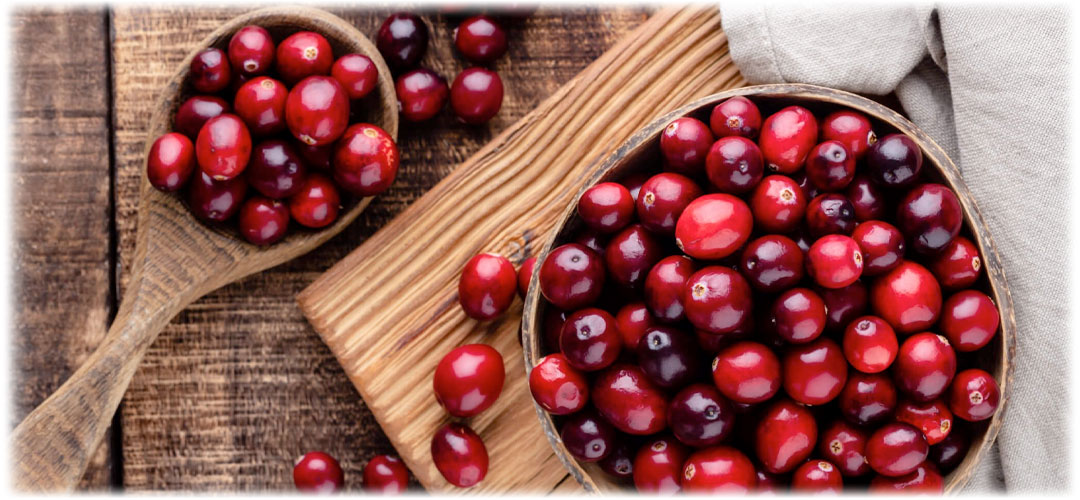
Urinary incontinence, the involuntary leakage of urine, affects many women at various stages of life.
This can be a source of discomfort and embarrassment, but there are effective strategies to manage, limit, and even prevent this condition.
• Types and Causes
There are several types of urinary incontinence:
- Stress incontinence occurs when there is exertion or pressure on the bladder, like during coughing, sneezing, or exercise.
- Urge incontinence involves a sudden, intense urge to urinate followed by an involuntary loss of urine.
- Mixed incontinence combines symptoms of both stress and urge incontinence.
Factors contributing to urinary incontinence in women include pregnancy, childbirth, menopause, and the structure of the female urinary tract.
• Managing and Limiting Incontinence
-
- Pelvic Floor Exercises (Kegels): Strengthening the muscles of the pelvic floor can help support the bladder and urethra, reducing the incidence of leaks.
- Bladder Training: This involves learning to delay urination after feeling the urge to go. Start by holding off for 10 minutes and gradually increase the time. The goal is to extend the intervals between bathroom visits.
- Fluid and Diet Management: Reducing caffeine and alcohol intake can help, as these can irritate the bladder. Also, managing fluid intake throughout the day can alleviate symptoms.
- Weight Management: Being overweight can increase pressure on the bladder, exacerbating incontinence. Maintaining a healthy weight through diet and exercise can reduce symptoms.
• Prevention Strategies
-
- Avoid Bladder Irritants: Foods and drinks such as spicy foods, citrus, caffeine, and alcohol can irritate the bladder and should be consumed in moderation.
- Regular Physical Activity: Regular, moderate exercise can help maintain a healthy weight and prevent the conditions that exacerbate incontinence.
- Stop Smoking: Smoking can contribute to bladder irritation and coughing, which can lead to stress incontinence. Quitting smoking can help reduce these risks.
• Supplementation and Natural Remedies
-
- Vitamin D: Some studies suggest that vitamin D can help manage the symptoms of urinary incontinence, though more research is needed.
- Magnesium: This mineral helps with muscle and nerve function and may help some women manage urge incontinence.
- Cranberry: While typically used for urinary tract infections, cranberry can also help with bladder health by preventing bacteria from adhering to the bladder walls.
- Pumpkin Seed Extract: Some evidence suggests that this supplement can help improve bladder function and reduce symptoms of stress and urge incontinence.
While urinary incontinence can be a challenging and embarrassing issue, it is manageable and often preventable with the right strategies. Women dealing with this condition should not hesitate to seek help from healthcare providers to discuss the best combination of exercises, lifestyle adjustments, and possibly supplements. Early intervention can make a significant difference in quality of life. Remember, every woman's body is different, so it's important to tailor these strategies to your specific needs and circumstances.
Disclaimer:
Information and other content provided in Lily & Loaf blogs should not be construed as medical advice and should not be considered a substitute for professional medical expertise. If you have any medical concerns, you should consult with your health care provider.






